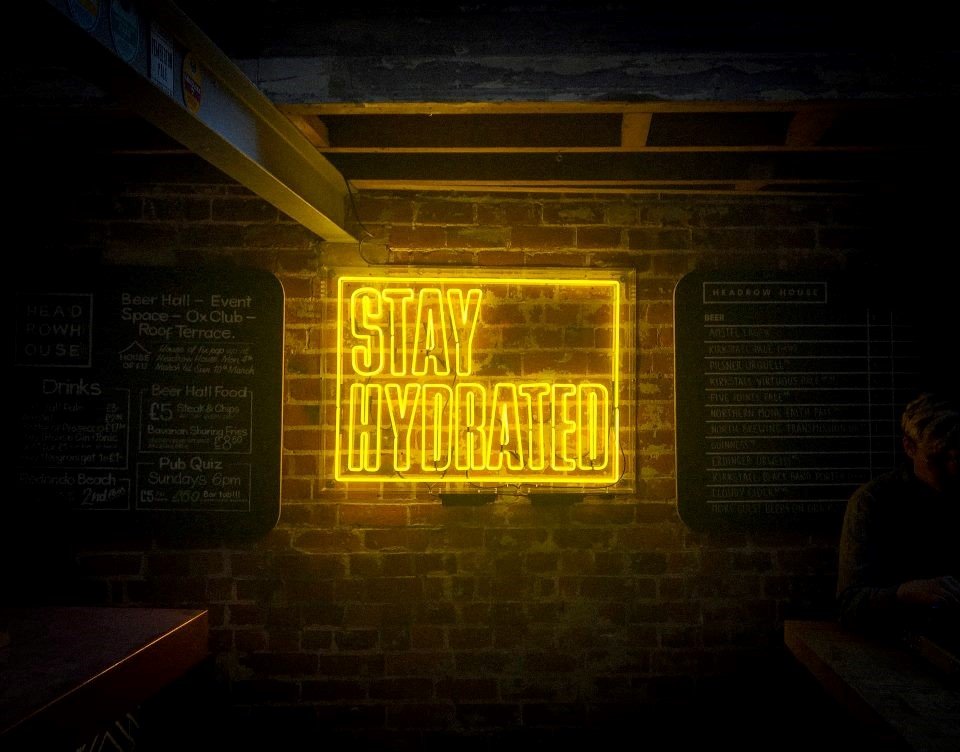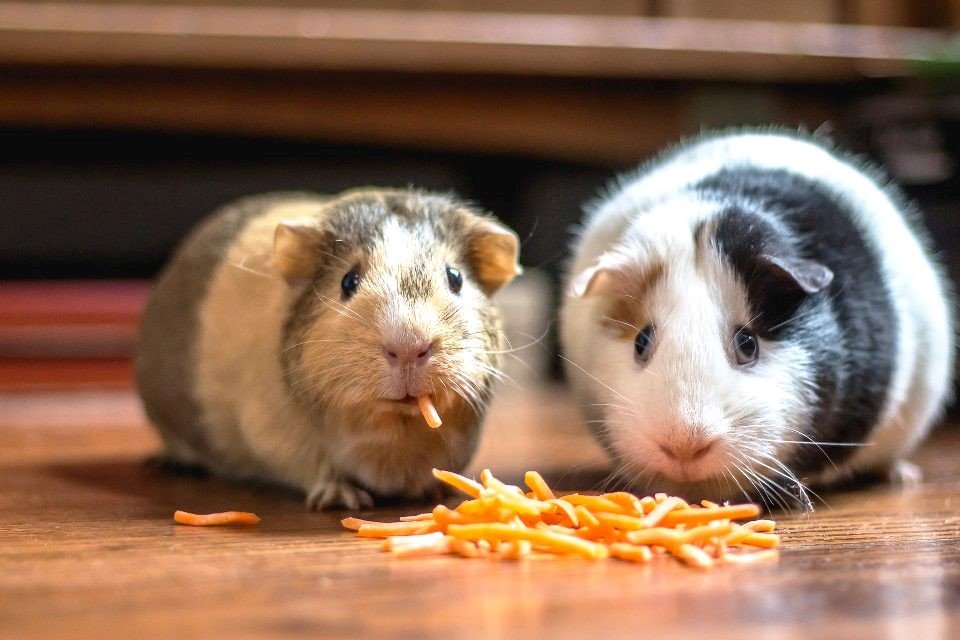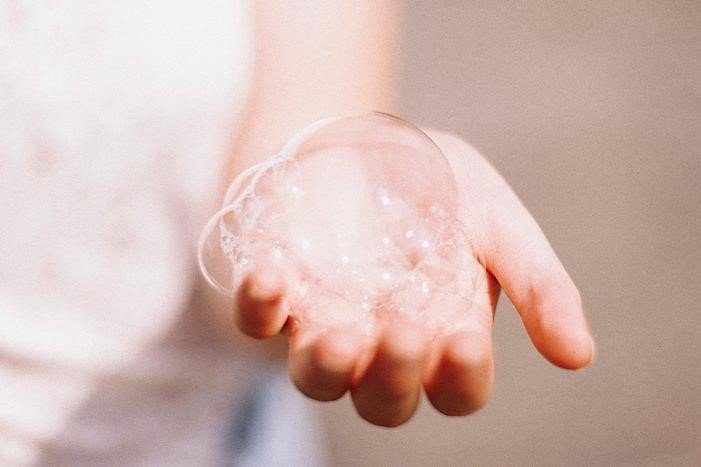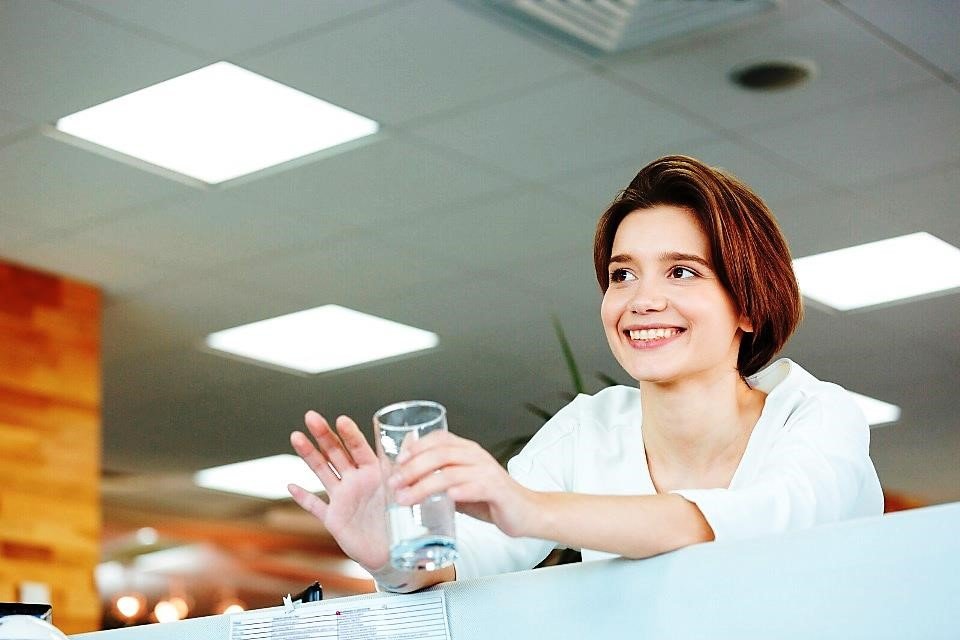
by Fern Shaw | May 1, 2020 | aquaid, bottle fed water coolers, water cooler, Water Coolers
Irrespective of the current circumstances that affect us all, we, of course, remain a proponent of how vital it is to maintain proper hydration levels while we self-isolate. That said, now we’re all hydrated and our neurons are firing (as they will do – a hydrated brain is a happy brain) there may be some uncertainty as where to (virtually) go in order to engage our thinking centres.
That’s where we at AquAid come in. We understand that being online may not be a focus of your typical day to day responsibilities, so for your convenience and to save you time, we have conducted our own online research, searching far and wide, in order to present to you a range of online channels that may pique your interest while you learn something new.
One we liked in particular is the FB page for The National Archives – as an example, they’re inviting followers to encrypt and crack a code using Alan Turing’s probability-based method: socsi.in/oJtap
Another is the Mental Floss Twitter account. The content is pretty much in the account name, although they do cover deeper and more thought-provoking content too.
innocent drinks remains a favourite of this blogger – their posts and tweets are a hilarious mixture of humour, useless information (by their own admission) and social distance challenges guaranteed to keep your grey matter engaged.
Last and by no means least, we highly recommend following AquAid’s social and business networks online – where we constantly refresh and update our content.
Of course, there are countless social networking pages and accounts that are slightly more serious and weighty, but for now, we’ll leave those for you to discover.
Before we bow out on this particular subject, a reminder that here at AquAid, we remain available for all your water dispenser requirements and bottled water deliveries.
Web us here, call us on 0800 772 3003 or e-mail: info@aquaidwatercoolers.co.uk

by Fern Shaw | Apr 22, 2020 | aquaid, bottle fed water coolers, water cooler
Social media has played a huge part in communicating with and connecting people over the last few months.
Posts, videos, memes, all exhorting individuals as to what they could do while practising self-isolation. Everything from downing raw eggs (can you say salmonella) to playing tennis across rooftops (which we quite liked, truth be told). We are being bombarded with so much information it can be overwhelming, so, whereas here at AquAid we’ve decided to add to the pile, we like to think you may find our to do (or not do) list easy to digest:
- If you’re lucky enough to have a pet, pet your pet. Often. There’s nothing quite as recuperative as communing with a furry creature who adores you. (Or scaly, or feathered if that’s the way you roll, pet wise).
- Drink water more. Make sure there’s always fresh water for above-mentioned pet.
- Remember the oxygen mask deployment rules when flying (slight paraphrase here): take care of yourself first so that you are better able to help others.
- A prime example of taking care of you is to remember to drink water. Properly hydrated equates to you being better equipped to perform – no matter the task.
- Bend your knees. Whether you’ve decided to completely re-landscape your garden; spring clean your entire dwelling; re-arrange your furniture or stoop to blow that dust bunny back under the sofa – bend your knees.
- You guessed it. Irrespective of your level of lockdown activity, hydrate. Then hydrate some more.
If you require a water dispenser, your Bottle-Fed water cooler topped up or bottled water delivery wherever you are, remember that here at AquAid, we continue to operate responsibly, including maintaining social distancing and our customers not having to sign for bottled water deliveries.

by Fern Shaw | Mar 25, 2020 | Water, water cooler
As we are all no doubt aware, washing our hands repeatedly and thoroughly is of paramount importance in ensuring one’s safety and health. If you are still unaware of this vital act of self-care and care of others, there is a definitive video on the NHS website.
There are also a number of video clips across social media, some accompanied by songs or suggestions for songs to sing while you spend at least 20 seconds washing your hands properly. This can only help create interest especially if you need to illustrate to children how to wash their hands regularly. For the adults, we quite like these suggestions by tweeter Jen Monnier.
Of course, with all this hand washing, we still need to ensure that we protect our skin too, so we’ve compiled a list of suggestions on how to protect your hands before and after washing:
- Try to avoid rubbing your hands dry. Rather pat them dry. The best option is air dry; however, this may take some time especially in cold weather.
- According to the CDC, washing your hands in cold water is as effective as in hot water, so to further lessen harming your skin as well as reducing skin irritation, wash your hands in cold water.
- If possible, rather use a hand cream instead of a body lotion.
- Remember to sanitise the container of whichever cream or lotion you’re using before opening it to apply cream or lotion. To simplify this procedure, try to make sure that you have a lotion that only you use.
- It’s also worthwhile to keep in mind that moisturising our skin begins internally (read more about that here) so while you take care to moisturise your hands post washing it’s just as important to make sure that you maintain good drinking water habits. Drinking water remains one of the best methods of keeping yourself healthy and better able to stave off possible infection.

by Fern Shaw | Mar 19, 2020 | Water, water cooler
If you’re used to the buzz and busy of the office, school or workspace, adjusting to working from home can take some getting used to. Here are a few practical tips guaranteed to keep the productivity up and you on track:
Tidy up your home – you wouldn’t work in an untidy environment elsewhere so it should be the same at home.
Don’t work from your bed on your laptop. That route is a guaranteed non-starter.
Dress as if you’re off to work. No pj’s at your desk.
Create a defined workspace, if possible in a separate room and if you aren’t home alone, close the door.
Get up as early as you would have if you were still commuting to work. Use that commute time (unless you’re under quarantine) to go for a walk. The exercise and fresh air will contribute to your feeling of well-being and being prepared for the day ahead.
If you have pets that enjoy walks, walk them – they will benefit from the exercise as much as you will.
Invest in a decent chair (or borrow yours from the office if permitted).
If your type of work allows and/or your family/children are home, wear headphones.
Make sure your family and friends understand you are working, so no popping in during working hours.
Don’t snack at your ‘desk’. Eat proper meals at designated times away from your work area.
As always, maintain good hydration habits. Although you may not have the convenience of water cooler breaks at home, make sure that you replenish your water as often as you would at work. Good hydration habits can only contribute to your health and well-being.
Set a schedule and stick to it.
Unless you work in social media, stay off it. That said, there’s no harm in creating an online work community so you are all still connected.
Do not switch on the telly. I repeat, do not switch on the telly.

by Fern Shaw | Mar 10, 2020 | water boiler, water cooler
Now that March has arrived, it would be nice to believe that spring isn’t too far off (and it isn’t that far as the new season arrives officially on the 20th of March).
As we Britons are used to radical weather patterns whatever the season, it’s no surprise that the topic remains at the forefront of our communication. Whether (ha) we’re topping up our water at the water cooler station at work i.e. chatting to colleagues (not the water cooler, although should you wish to, please, feel free – even a water cooler can benefit from some attention) or chatting with family or friends or indeed, speaking to strangers.
Irrespective of our opinion about the topic of the weather, there is no denying it has a huge impact on our behavioural patterns; moods; what we eat; our travel patterns; what we wear and what we drink.
Although we may not think about how different our drinking water patterns are depending on our environment, they very much are. When it’s warmer we tend to exert ourselves more and are always on the lookout for the perfectly chilled water, while come the colder months there’s nothing better than a piping hot drink to stave off the chill. This usually means you are more likely to be on the lookout for a hot water boiler that can dispense a constant supply of hot water throughout the day.
If you’re prone to drink more water when it’s warm and less when it’s cold – a gentle reminder that you’re just as likely to become dehydrated in winter as you are in summer, so remember, whatever the weather, make sure to have AquAid address all your hot & cold water cooler requirements. We are always happy to help.

by Fern Shaw | Feb 25, 2020 | water cooler
While the weather seems determined to keep our pursuits indoors for the foreseeable future, it may be time to refresh suitable topics of conversation to chat about while you’re on a break out at your water cooler station with your colleagues.
Tech: comparing notes about the latest upgrade of your mobile – the eternal question, iPhone or Android – acceptable. A 20-minute stand-off insisting that your brand of tech is better than that of your colleague’s – less acceptable. Plus, raising your blood pressure when you’re supposed to be upping your hydration levels is counter-intuitive.
Architecture: Always a good option. Irrespective of the periods: from the majesty of St. Pauls or the stalwart croft dwellings of the Outer Hebrides, architecture is always a good reminder of how nation building is achieved.
Health & Fitness: Can be tricky, especially if a person is prone to boasting about their weight-lifting prowess or how their bodies were made for Aerial Fabrics however, it can also introduce a more sedentary colleague to a new form of exercise that they may not previously have considered.
International sporting events: Only if you are all rooting for Team GB or any competitor representing the UK.
Media: Again, potentially iffy. Whereas you and a few stalwarts may find it fascinating to give minute by minute examples of why the last season of Game of Thrones was so awful, this may not appeal to everyone and there will be (unbelievably) many who have no idea about the series …’Winter is what?’ Try keeping it more inclusionary – ‘Garden Rescue’ or ‘The Great British Bake Off’ are usually safe bets.
Now that you’ve hit topic refresh on your refresh your drinking water intake time, why not make a beeline to your office water cooler and try out a new topic of discussion about any of the above? At worst you will be upping your hydration levels and at best increasing your knowledge and exercising your brain in a most pleasant and engaging manner.






